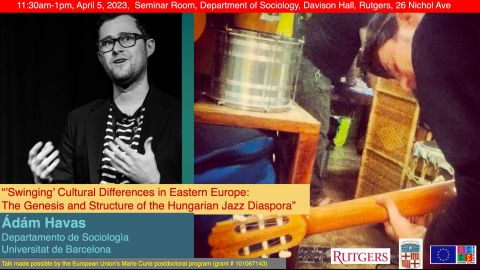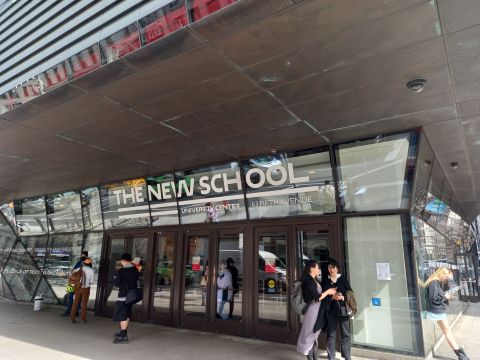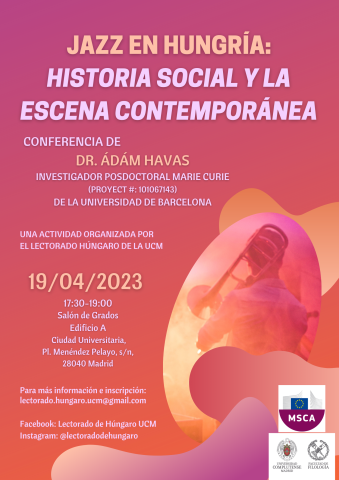Replika 125 – Panel discussions on the occasion of Replika journal's 125th issue on "class" and "'race'"
Programme
18.00 - 19.30 Class/structure
Participants:Áron Márk Éber, Anikó Gregor, Dániel Kömüves, Ákos Huszár, Judit Durst
In the course of the presentation of the study block "Class/Structure", published in the 125th issue of the Replika journal, we will discuss the historical relations and processes of the (re)production of life, the historical development of the class structure with the authors of the study collection and invited contributors. The reason for this is that in recent years there has been a renewed focus on class structure (and its analysis). In the international circles of critical social science, the question has been raised more sharply since 2008, and in Hungary especially since 2010: how can the transformation tendencies of politics and economic crises be explained in terms of the "body" of society? Our collection of studies emphasises both the impact on class structures of longer-term processes and of events marking turning points.
19.30 - 21.00 "AMONG WHITES"
József Böröcz, Anikó Gregor, Ágoston Fáber, Ádám Havas
In the second thematic unit of the journal presentation, József Böröcz's study attempts to answer the following questions with the help of the author and his interlocutors. Is it possible to demand "whiteness" recognition without global violence? Would an 'objectively' undefined identity category of 'whiteness' make sense without global privileges? How can the concepts of 'race' and 'whiteness' be integrated into social analysis? Does it make sense to 'act' against the racism we are subjected to with even more ferocious racism? How is "whiteness" structured in the world today, in Europe, in Hungary? How many kinds of "whiteness" are there? What is the meaning of the concept of "Europe" in terms of the "whiteness" thus outlined?
Location.
Date: 4 January 2023 18.00-21.00




